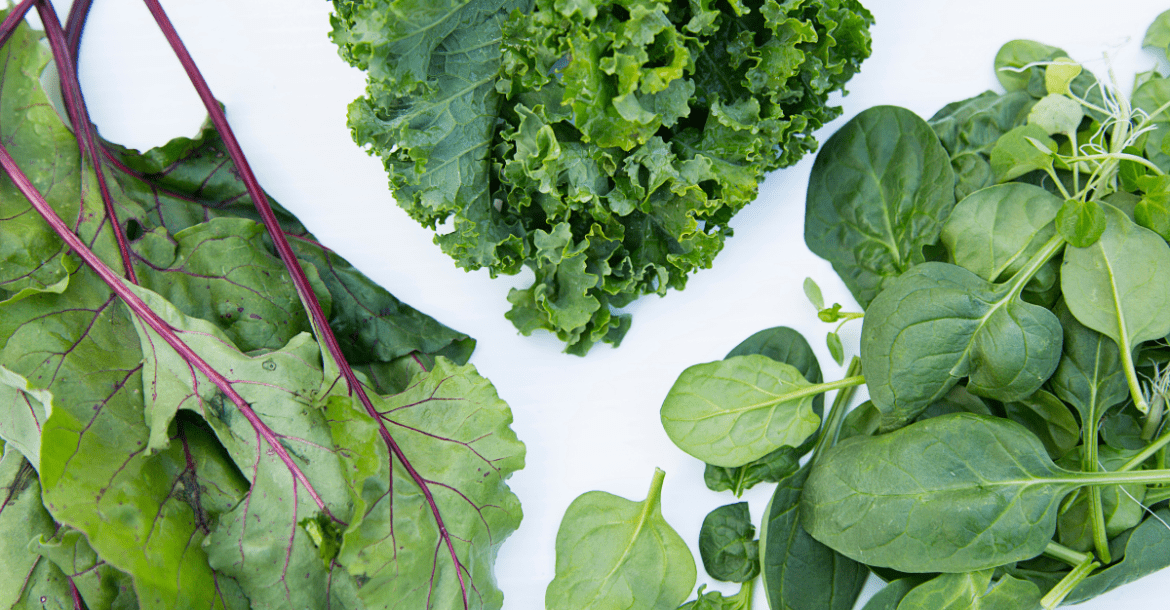
1-Spinach
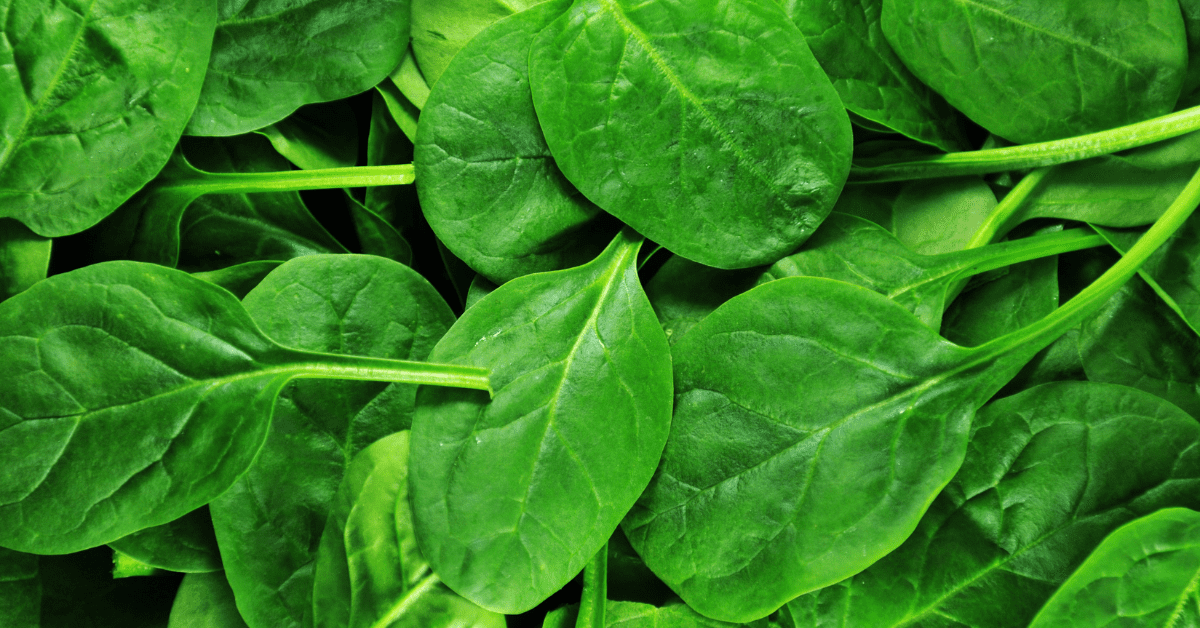
One of the most notable benefits of spinach is its high nutritional content. It is rich in vitamins A, C, and K, as well as minerals like iron and calcium. These nutrients play a vital role in maintaining our overall health and well-being. Additionally, spinach is low in calories and fat, making it an excellent choice for those who are watching their weight or trying to maintain a healthy diet.
Another significant benefit of spinach is its potential to improve cardiovascular health. The presence of antioxidants and nitrates in spinach can help lower blood pressure levels and reduce the risk of heart disease.
The high dietary fiber content in spinach also aids in maintaining healthy cholesterol levels and preventing the buildup of plaque in the arteries. Moreover, spinach is known for its anti-inflammatory properties. It contains various compounds that have been shown to reduce inflammation in the body, which can help alleviate symptoms of conditions such as arthritis and asthma.
2-Kale
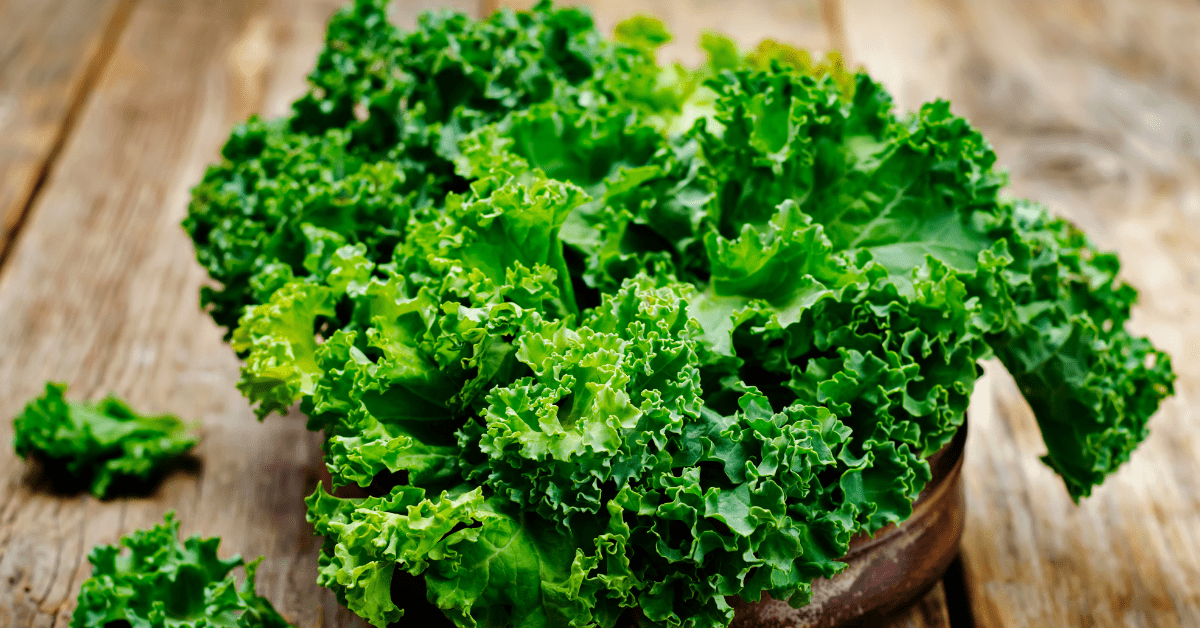
Kale is often hailed as a nutritional powerhouse due to its numerous health benefits. One of the primary benefits of kale is its high nutrient content. It is rich in vitamins A, C, and K, as well as minerals like calcium and potassium. These nutrients play a crucial role in maintaining a healthy immune system, promoting bone health, and supporting proper blood clotting. Additionally, kale is a great source of fiber, which aids in digestion and helps to keep you feeling full for longer periods. Moreover, kale is packed with antioxidants that help to fight off harmful free radicals in the body, reducing the risk of chronic diseases such as heart disease and certain types of cancer. Including kale in your diet can contribute to overall improved health and well-being.
3- Celery
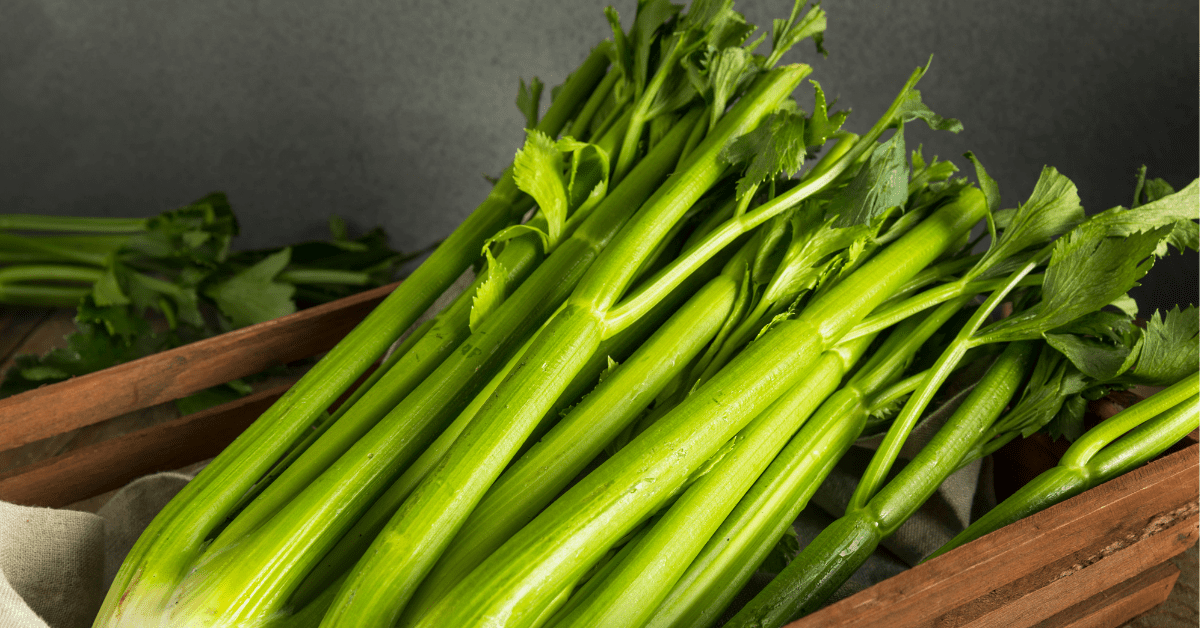
Celery is a versatile vegetable that offers numerous benefits to our health. Firstly, it is packed with essential nutrients such as vitamin K, vitamin C, potassium, and folate. These nutrients play a crucial role in maintaining a healthy immune system, promoting bone health, and regulating blood pressure. Additionally, celery is low in calories and high in fiber, making it a great choice for those looking to manage their weight or improve their digestion. Furthermore, celery contains antioxidants that have been shown to reduce inflammation in the body and protect against chronic diseases such as heart disease and cancer. Lastly, celery has diuretic properties that can help flush out excess water and toxins from the body, promoting kidney health. Overall, incorporating celery into your diet can provide a wide range of benefits for your overall well-being.
4- Lettuce

Lettuce is not only delicious but also packed with numerous health benefits. Firstly, lettuce is low in calories, making it an excellent choice for those looking to maintain or lose weight. Additionally, lettuce is a great source of vitamins and minerals, including vitamin A, vitamin K, and folate. These nutrients contribute to healthy vision, bone health, and cell growth. Furthermore, lettuce contains high levels of antioxidants, which help protect the body against harmful free radicals. Lastly, lettuce is a hydrating vegetable, as it has a high water content that can aid in maintaining proper hydration levels. With all these benefits, incorporating lettuce into your diet can be a simple yet effective way to improve your overall health and well-being.
5-Basil
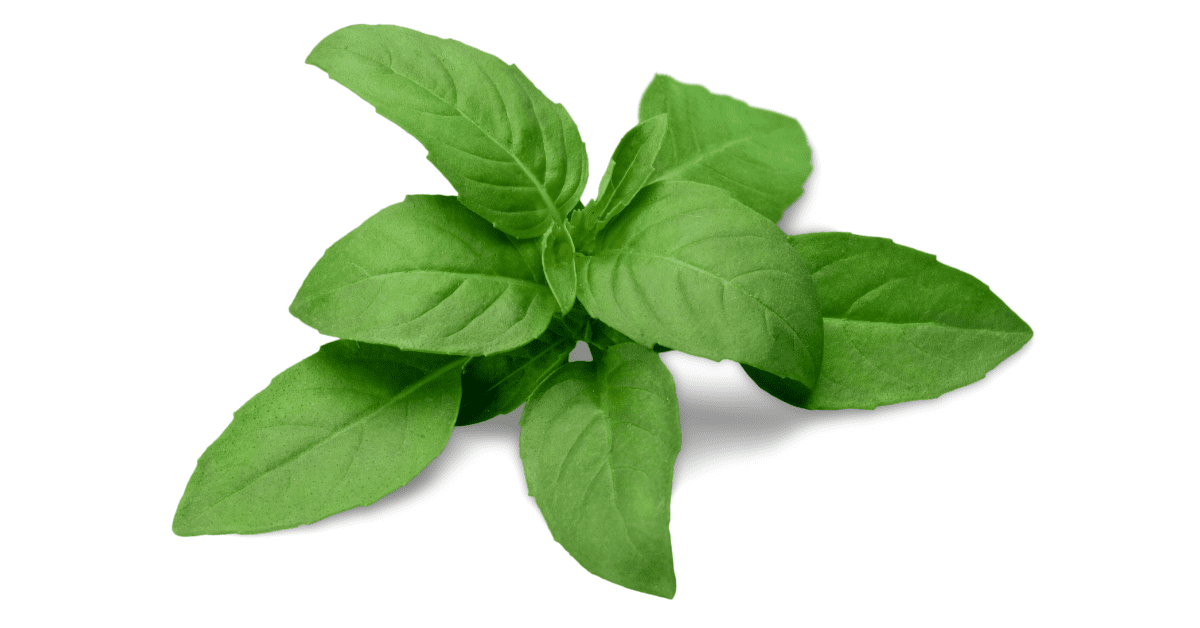
Basil, also known as tulsi, is a plant herb that is widely used in cooking and traditional medicine. It has numerous health benefits that make it a valuable addition to one’s diet. First and foremost, basil is rich in antioxidants, which help protect the body against free radicals and reduce oxidative stress. This can help prevent chronic diseases such as heart disease and cancer. Additionally, basil has anti-inflammatory properties, which can help reduce inflammation in the body and alleviate symptoms of conditions such as arthritis. Furthermore, basil has been found to have antibacterial and antiviral properties, making it effective in fighting off infections. In addition to its health benefits, basil also adds a unique flavor to dishes and can enhance the taste of various cuisines. Overall, incorporating basil into one’s diet can provide a range of benefits for both the body and the taste buds.
6- Cabbage

Cabbage is a cruciferous vegetable that offers numerous health benefits. Firstly, it is rich in vitamins and minerals, including vitamin C, vitamin K, and folate. These nutrients are essential for a healthy immune system, bone health, and cell function. Additionally, cabbage is low in calories and high in fiber, making it an excellent choice for weight management and digestive health. Moreover, cabbage contains antioxidants that help protect the body against chronic diseases such as heart disease and certain types of cancer. Finally, cabbage is a versatile ingredient that can be enjoyed raw in salads, cooked in stir-fries, or fermented into sauerkraut, providing delicious and nutritious options for incorporating this vegetable into our diets.
7- Watercress

Watercress is a leafy green vegetable that offers numerous health benefits. One of the main advantages of consuming watercress is its high nutrient content. It is packed with vitamins A, C, and K, as well as minerals like calcium and iron. These nutrients are essential for maintaining a healthy immune system, promoting bone health, and aiding in blood clotting. Additionally, watercress is rich in antioxidants, which help protect the body against harmful free radicals and reduce the risk of chronic diseases such as heart disease and cancer. Another benefit of watercress is its high water content, which helps to keep the body hydrated and aids in digestion. Furthermore, watercress has been found to have anti-inflammatory properties, making it beneficial for individuals with conditions such as arthritis or asthma. Overall, incorporating watercress into your diet can provide a range of health benefits and contribute to overall well-being.
8- Molokhia

Molokhia is a leafy green vegetable that is widely consumed in Middle Eastern and North African cuisines. Apart from its delicious taste and versatility in cooking, molokhia offers several health benefits. Firstly, it is a rich source of vitamins A and C, which are essential for maintaining healthy skin, boosting the immune system, and promoting good vision. Secondly, molokhia is high in fiber, which aids in digestion and helps prevent constipation. Additionally, this vegetable is packed with antioxidants that protect the body against harmful free radicals, thereby reducing the risk of chronic diseases like heart disease and cancer. Lastly, molokhia contains iron, which is necessary for the formation of red blood cells and the prevention of anemia. Overall, incorporating molokhia into your diet can contribute to improved health and well-being.
9- Arugula
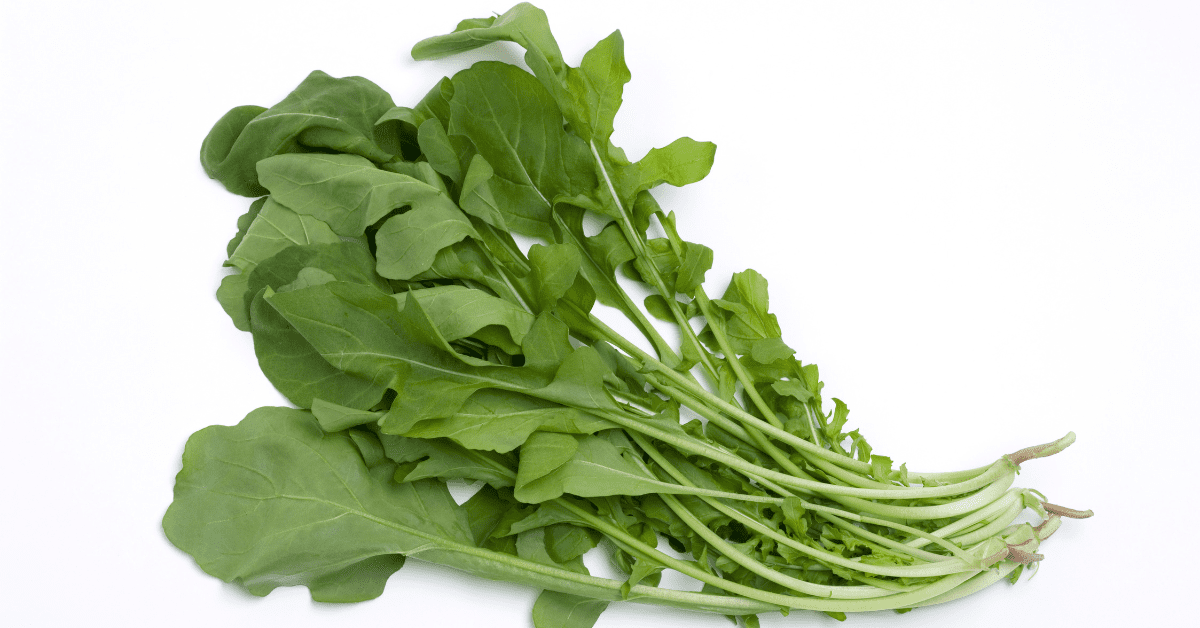
Arugula, also known as rocket or rucola, is a leafy green vegetable that offers a variety of health benefits. Firstly, arugula is rich in vitamins and minerals, including vitamin K, vitamin A, vitamin C, calcium, and potassium. These nutrients are essential for maintaining healthy bones, supporting immune function, and promoting heart health. Additionally, arugula contains antioxidants that help protect the body against free radicals, which can cause cellular damage and contribute to chronic diseases. Furthermore, arugula is low in calories but high in fiber, making it an excellent choice for weight management and digestive health. Its peppery flavor also adds a delicious kick to salads, sandwiches, and even pasta dishes. Incorporating arugula into your diet can provide numerous benefits for your overall well-being.
10- Bok Choy
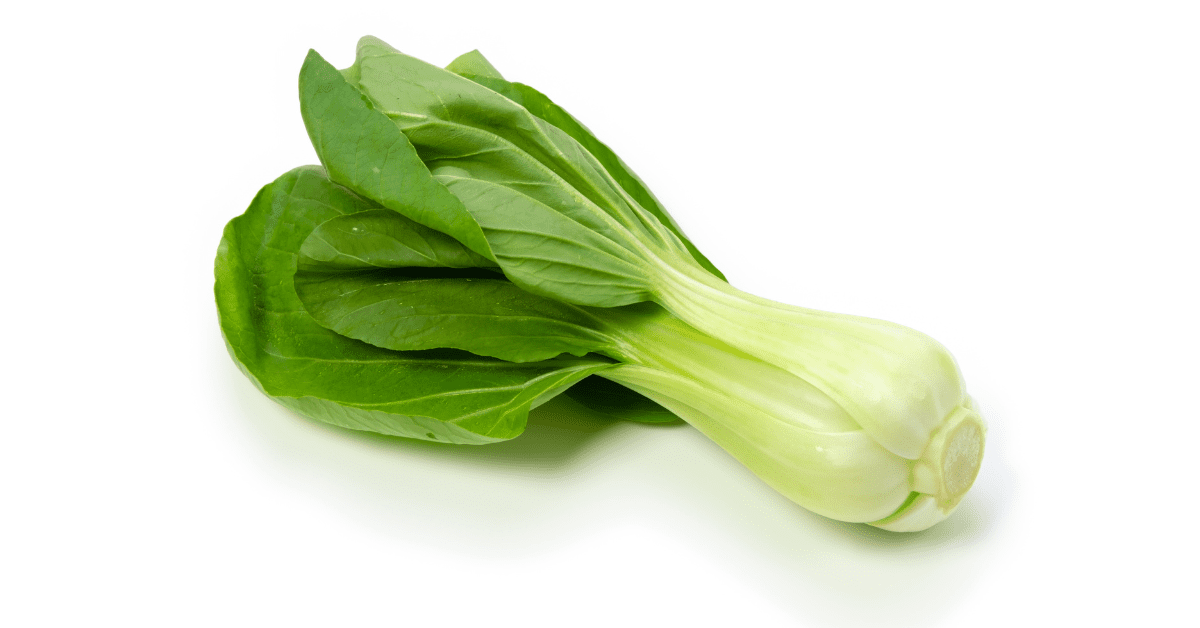
Bok choy, also known as Chinese cabbage, is a leafy green vegetable that offers numerous health benefits. One of the main advantages of consuming bok choy is its high nutritional value. It is rich in vitamins A, C, and K, which are essential for maintaining overall health and supporting the immune system. Additionally, bok choy contains important minerals such as calcium and potassium, which contribute to strong bones and a healthy heart. Another benefit of bok choy is its low calorie content, making it an excellent choice for those looking to maintain a healthy weight. Furthermore, bok choy is a great source of dietary fiber, aiding in digestion and promoting a healthy gut. Incorporating bok choy into your diet can provide a wide range of health benefits and contribute to your overall well-being.
11- Swiss Chard
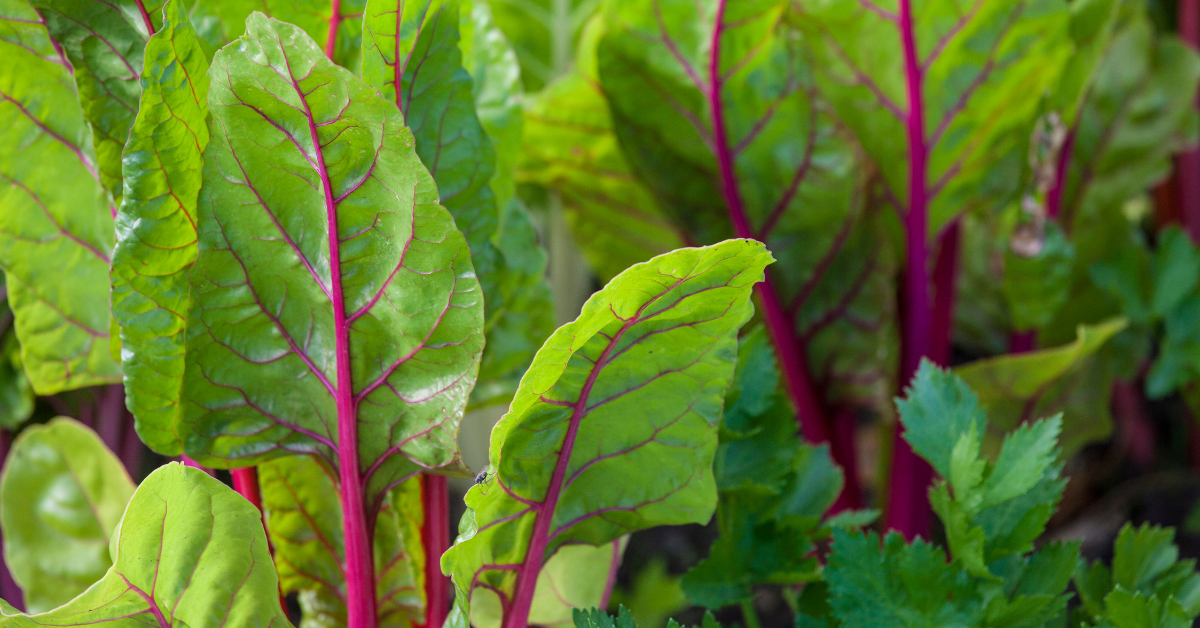
Swiss chard, also known as silverbeet or spinach beet, is a leafy green vegetable that offers a wide range of health benefits. One of the key benefits of swiss chard is its high nutrient content. It is an excellent source of vitamins A, C, and K, as well as minerals such as magnesium, potassium, and iron. These nutrients are essential for maintaining healthy bones, boosting the immune system, and preventing oxidative stress. Another advantage of swiss chard is its low calorie content. This makes it a perfect addition to a weight loss diet, as it provides essential nutrients without adding extra calories. Additionally, swiss chard is rich in antioxidants, which help protect the body against chronic diseases and promote overall well-being. Whether sautéed, steamed, or added to salads, swiss chard is a nutritious and delicious choice for incorporating into a healthy diet.
Conclusion
In conclusion, adding leafy greens to your diet can provide numerous health benefits. Their rich nutritional profile, potential cardiovascular benefits, and anti-inflammatory properties make them excellent addition to any meal plan. Whether consumed raw in salads or cooked in various dishes, leafy greens are a versatile and nutritious vegetable that can contribute to your overall health and well-being.






